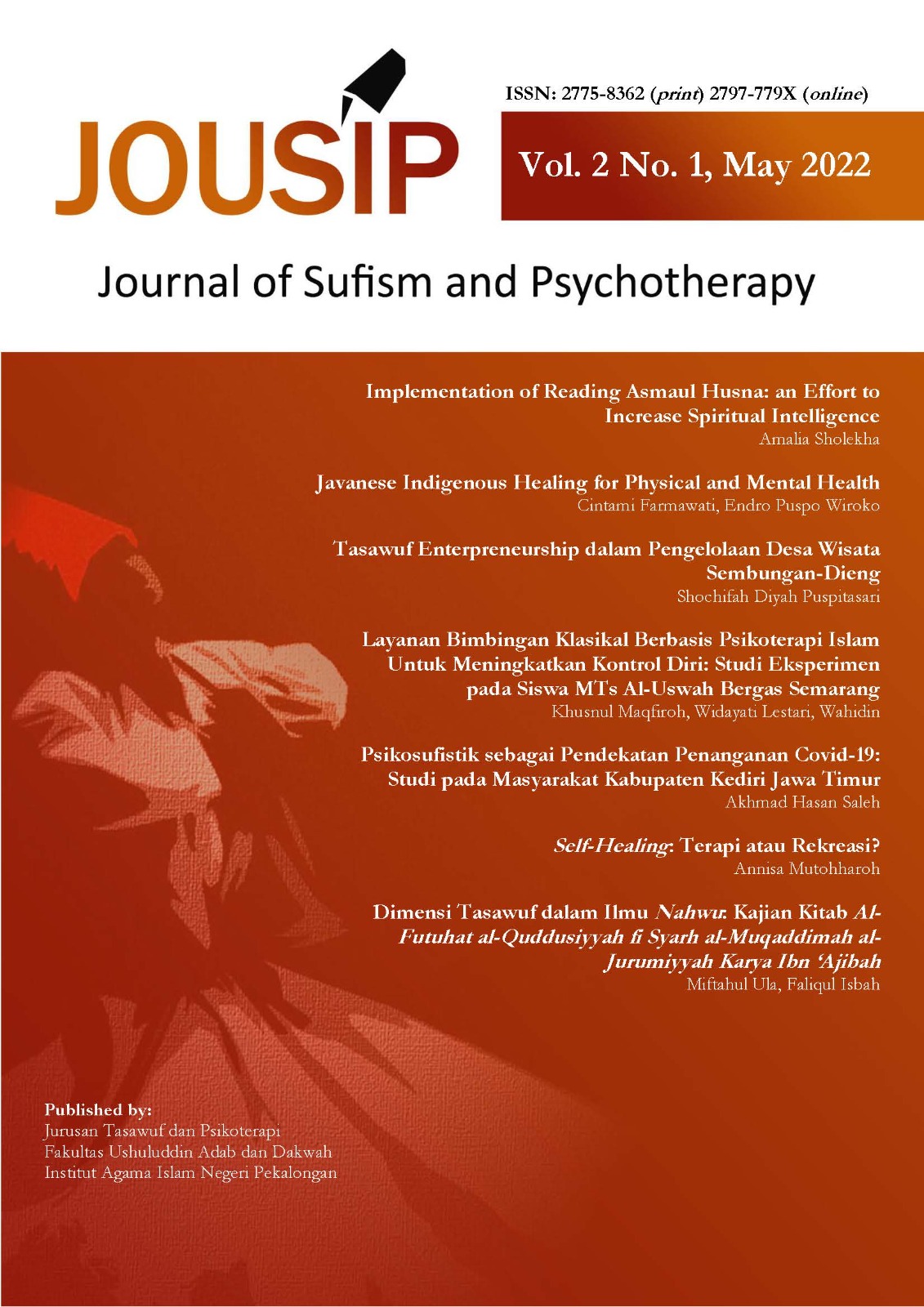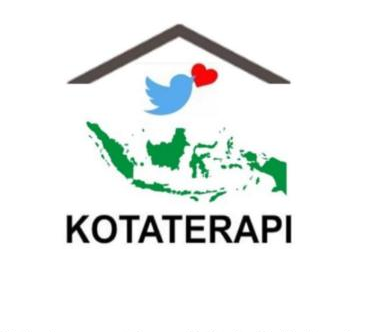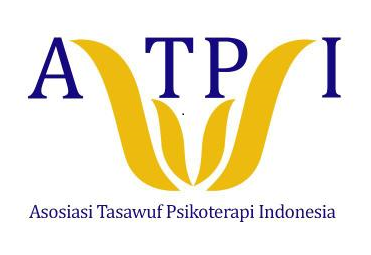Psikosufistik sebagai Pendekatan Penanganan Covid-19 (Studi pada Masyarakat Kabupaten Kediri, Jawa Timur)
DOI:
https://doi.org/10.28918/jousip.v2i1.5755Keywords:
Psychosufistic, Psychotherapy, Covid-19, DhikrAbstract
The spread of Covid-19 has been designated as a pandemi because its spread has reached various parts of the world. This situation causes increased anxiety and stres in society. Stress conditions can actually have a negative impact on the immune system, making a person more susceptible to diseases, including Covid-19. This study aims to examine the handling of Covid-19 from the therapeutic aspect to deal with stres with a religious approach, such as prayer, sincerity, and resignation with psychological energy, where this is part of the psychosufistic approach. The research method used is descriptive qualitative with interviews with community members who are members of a jama'i dhikr group affected by the spread of Covid-19. This research describes what it is about the condition of people who are doing psychosufistic therapy in handling Covid-19. The results of this study indicate that based on the results of a survey on the psychological condition of the community, the spread of Covid-19 has increased anxiety in the people of Kediri which caused a decrease in immunity in some of the people surveyed. However, psychosufistic therapy through jama'i dhikr is very effective in dealing with Covid-19. Through this therapy there is a change in the mindset of the community, thereby reducing the anxiety that occurred before. People who are members of the congregation of dhikr jama'i also experience an increase in immunity which causes the spread of Covid-19 among them to be low. Through psychosufistic therapy, people affected by Covid-19 also experience rapid recovery.
References
Ali, Y. (2022). Jalan Kearifan Sufi. PT. Serambi Ilmu Semesta.
Bakran, H. (2004). Konseling dan Psikoterapi Islam. Fajar Pustaka Baru.
Bo, H.-X., Li, W., Yang, Y., Wang, Y., Zhang, Q., Cheung, T., Wu, X., & Xiang, Y.-T. (2021). Posttraumatic stress symptoms and attitude toward crisis mental health services among clinically stable patients with COVID-19 in China. Psychological Medicine, 51(6), 1052–1053. https://doi.org/10.1017/S0033291720000999
dinaskominfo_kedirikab. (2020). Update Covid-19 Kabupaten Kediri. Instagram. https://www.instagram.com/p/CG2ZJl_H8EI/?hl=id
Fauzi, A. (2018). Psikosufistik Pendidikan Islam Dalam Perspektif Pemikiran Syekh Ibnu Atha’illah. Intelektual: Jurnal Pendidikan Dan Studi Keislaman, 8(2), 229–240. https://doi.org/10.33367/ji.v8i2.714
Gumantan, A., Mahfud, I., & Yuliandra, R. (2020). Tingkat Kecemasan Seseorang Terhadap Pemberlakuan New Normal Dan Pengetahuan Terhadap Imunitas Tubuh. Sport Science and Education Journal, 1(2), 18–27. https://doi.org/10.33365/ssej.v1i2.718
Kong, X., Zheng, K., Tang, M., Kong, F., Zhou, J., Diao, L., Wu, S., Jiao, P., Su, T., & Dong, Y. (2020). Prevalence and Factors Associated with Depression and Anxiety of Hospitalized Patients with COVID-19. MedRxiv. https://doi.org/10.1101/2020.03.24.20043075
Melani, A. (2020). https://surabaya.liputan6.com/read/4432097/update-corona-covid-19-jawa-timur-pada-12 desember 2020. Liputan6.Com. https://surabaya.liputan6.com/read/4432097/update-corona-covid-19-jawa-timur-pada-12-desember-2020
Mo, Y., Deng, L., Zhang, L., Lang, Q., Liao, C., Wang, N., Qin, M., & Huang, H. (2020). Work stress among Chinese nurses to support Wuhan in fighting against COVID-19 epidemic. Journal of Nursing Management, 28(5), 1002–1009. https://doi.org/10.1111/jonm.13014
Mujib, A., & Mudzakir, Y. (2002). Nuansa Psikologi Islam. Raja Grafindo Persada.
Murtiwidayanti, S. Y., & Ikawati, I. (2021). Kecemasan Masyarakat Dalam Menghadapi Pandemi Covid-19. Sosio Konsepsia, 10(3), 227–240. https://doi.org/10.33007/ska.v10i3.2353
Nurseto, F. (2018). Psikologi Olahraga. Graha Ilmu.
O’orior, L., & R.N. (2022). Seni PenyembuhanSufi (Jalan Meraih Kesehatan Fisik, Mental Dan Spritual) Terjemahan, Mariana Aristyowati. PT. Serambi Ilmu Semesta.
PH, L., Khoerina, A., Sofiyan, E., Ningsih, D., Kandar, K., & Suerni, T. (2020). Gambaran Kecemasan Mayarakat dalam Berkunjung ke Pelayanan Kesehatan pada Masa Pandemi COVID-19. Jurnal Ilmiah Kesehatan Jiwa, 2(3), 129–134. https://jurnal.rs-amino.jatengprov.go.id/index.php/JIKJ/article/view/34
Qomariyah, N. (2018). Berdzikirlah Pasti Hatimu Akan Tenang. Laksana.
Rochmah, L., Abidin, C. Z., & Rohmad, M. A. (2021). RELASI ZIKIR TERHADAP KETENANGAN JIWA ( Studi Analisis Majelis Taklim Al-Khasaniyah dan Al-Kamal Mojokerto ) berzikir akan memperoleh kesehatan baik jasmani maupun rohani , zikir dapat. 5(01), 69–76.
Rofiq, A. A. (2012). Terapi Islam dengan Strategi Thought Stopping dalam Mengatasi Hypochondriasis. Jurnal Bimbingan Dan Konseling Islam, 02(01), 65–74.
Rosyanti, L., Usman, R. D., Hadi, I., & Syahrianti, S. (2017). Kajian Teoritis Hubungan antara Depresi dengan Sistem Neuroimun. Health Information : Jurnal Penelitian, 9(2), 78–97. https://doi.org/10.36990/hijp.v9i2.104
Santrock, J. W. (2007). Remaja Jilid 2, Edisi Kesebelas. Erlangga.
Sarja. (2021). Upaya Santri Miftahul Qiro’ah Melawan Covid-19 dengan Berkhalwat. JOUSIP: Journal of Sufism and Psychotherapy, 1(2), 161–176. http://e-journal.iainpekalongan.ac.id/index.php/jousip/article/view/4456
Sugiyono. (2009). Metode Penelitian Kuantitatif, Kualitatif dan R&D. Alfabeta.
Syaikh Ibnu ‘Athaillah as-Sakandari. (2004). Al- Hikam, Terjemah oleh Mas Mahfudz. Bintang Terang.
Yono, Y., Rusmana, I., & Noviyanty, H. (2020). Psikoterapi Spiritual dan Pendidikan Islam dalam mengatasi dan menghadapi gangguan Anciety Disorder di saat dan pasca Covid 19. SALAM: Jurnal Sosial Dan Budaya Syar-I, 7(8). https://doi.org/10.15408/sjsbs.v7i8.15801
Downloads
Published
Issue
Section
License
Copyright (c) 2022 Akhmad Hasan Saleh

This work is licensed under a Creative Commons Attribution-ShareAlike 4.0 International License.

















